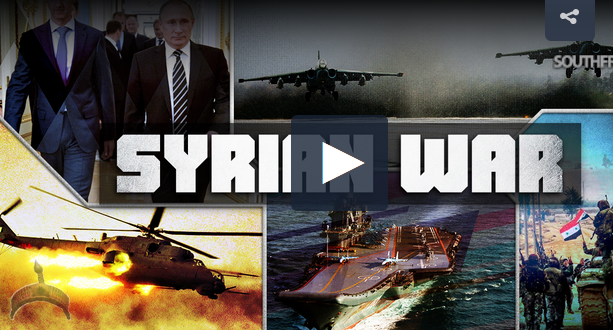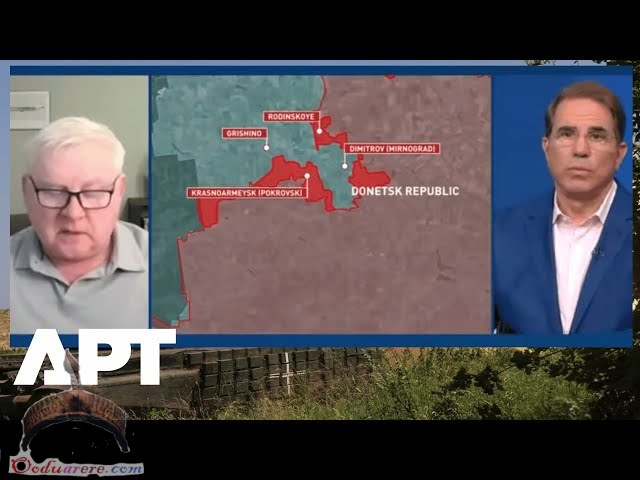In military terms, the Syrian-Iranian-Russian alliance must continue to pursue the following goals:
- To eliminate the remaining ISIS cells operating in the central Syria desert;
- To increase pressure on Hayat Tahrir al-Sham in the provinces of Idlib, Latakia and Aleppo in the framework of the de-escalation agreement reached during the Astana talks.
The Russian Special Operations Forces and the Aerospace Forces will continue providing support to government forces in their key operations against terrorists. Nonetheless, the direct involvement of Russian forces will decrease, while negotiators on the ground and on a higher diplomatic level, will play an increasingly important role. The defeat of Hayat Tahrir al-Sham in the province of Idlib will require at least a limited coordination with Turkey and a large-scale humanitarian operation to evacuate civilians from the area controlled by the terrorist group.
In turn, the US will continue working on establishing independent governing bodies that will aim to manage the areas held by the coalition and the SDF and that will be hostile to the Assad government. This effort is obstructed by a complicated situation in the coalition-occupied areas, because of the tensions between the Kurdish-dominated SDF and the local Arab population. Indeed, Kurdish SDF units have already complicated relations with US-backed Arab armed groups, which are also a part of the SDF.
At the same time, US-Turkish relations will continue to experience friction over US military support to Kurdish armed groups, which are the core of the SDF. Ankara describes these groups as terrorist organizations. Continued US support for armed Kurdish groups may further increase the likelihood of improved Russian-Turkish relations and greater cooperation between Ankara and Moscow in how deal with resolving the Syrian conflict. Ankara will continue to pressure Washington to abandon its Kurdish proxies at every turn, and every US attempt to avoid this reality faces will be met with another Turkish move to boost economic and military cooperation with Russia.
Furthermore, Russian-Turkish relations are being strengthened by major joint economic and military deals, including the TurkStream gas pipeline, the Akkuyu Nuclear Power Plant and the S-400 air defense system deal. These cooperative economic and military arrangements will continue to increase tensions between Washington and Ankara.
The successful military operation in Syria has undoubtedly boosted the Russian role in the Middle East region in general, allowing it to act as a mediator in conflicts between nations. Moscow actively cooperates with Teheran supporting the Assad government and combating terrorism in Syria. At the same time; however, Russia has been able to leverage its reputation as the global power that is willing and capable of working with other regional players, including Israel, Saudi Arabia and Qatar in order to settle the conflict in Syria, thus avoiding a large-scale escalation or even a wider war in the region.
Through its campaign in Syria, Moscow promoted its economic interests. President Bashar al-Assad and other officials have repeatedly stated that Syria is going to grant all the contracts on restoration of the country’s infrastructure to its allies – i.e. Iran and Russia. Russian companies are already participating in the energy projects, both oil and natural gas, in the country and are preparing to expand their presence in the country. Syria will be able to rebuild after a devastating war and Russia will increase its economic and political power in the region, while further securing economic benefits for its citizens at home.
The operation also contributed to Russia’s national security. As it was noted in the start of this video, Russia has always been a target of terrorist activity of various radical groups, including ISIS and al-Qaeda. Some Western state actors have endorsed at least a part of this activity. It is notable that no major terrorist attacks have been carried out inside Russia since 2015. Russian forces eliminated a large number of militants in Syria who were members of terrorist groups originating in its Southern Caucasus regions created in the post-USSR era. This is already proving to be a major blow to the remaining cells of these groups hiding in Russia, because they have lost their most experienced and ideologically motivated members in Syria. The expansion of Russian military infrastructure, including naval and air bases in Syria, shows that Moscow is not going to withdraw from the country in the near future. Russia will continue its efforts to defeat terrorism and to settle the conflict using a variety of military and diplomatic measures
 Ọmọ Oòduà Naija Gist | News From Nigeria | Entertainment gist Nigeria|Networking|News.. Visit for Nigeria breaking news , Nigerian Movies , Naija music , Jobs In Nigeria , Naija News , Nollywood, Gist and more
Ọmọ Oòduà Naija Gist | News From Nigeria | Entertainment gist Nigeria|Networking|News.. Visit for Nigeria breaking news , Nigerian Movies , Naija music , Jobs In Nigeria , Naija News , Nollywood, Gist and more









